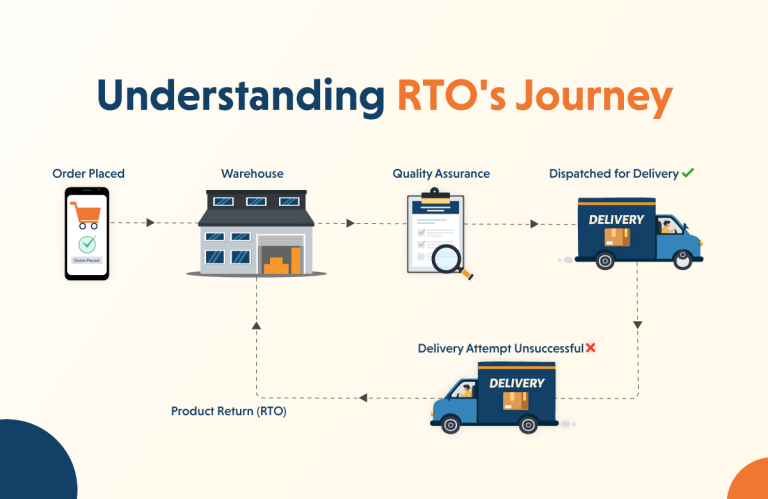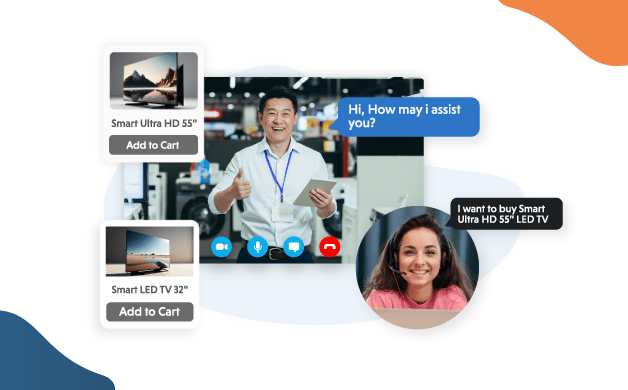Upselling & Cross-selling: An unprecedented opportunity
What is upselling and cross-selling?
Upselling and cross-selling are sales techniques, often used interchangeably, to generate more income from a single purchase/customer interaction.
Upselling is a sales technique used to get a customer to spend more by buying an upgraded or premium version of what’s being purchased.
It can help a business generate additional income when done properly. For example, An airline proposes the passenger flying coach upgrade to a first-class seat as part of the airline check-in process or a restaurant menu gives diners the option of adding protein to a salad for an additional cost.
Cross-selling is a sales technique used to get a customer to spend more by purchasing a product that’s related to what’s being bought already.
For example, A sales representative at an electronics retailer recommends that the customer purchasing a digital camera also buy a memory card, or the cashier at a fast-food restaurant asks a customer, “Would you like fries with that?”
The difference between upselling and cross-selling
Upselling and cross-selling are closely related strategies, but they work in very different ways.
For example, you’re renting a room in a hotel, and the receptionist tells you all the types of rooms they have available. You go in with the idea of getting the most affordable possible accommodations, but in the end, you get tempted by the idea of a penthouse suite.
In that outline, the receptionist used an upselling strategy. They offered you one or more alternatives to what you were originally looking for, which provided more features at a higher cost. In exchange, they earned more from your purchase than they would have otherwise.
Upselling increases revenue by 10-30% on average.
Now let’s say, that in addition to the room itself, you’re also offered options that enable you to purchase a spa package, access additional TV channels, use a private meeting room, and more. These optional additions would be examples of cross-selling in action. The hotel is offering extra products and services that go hand-in-hand with what you purchased, to increase the total amount of your order.
Once you’re familiar with both techniques, you’ll realize that they’re everywhere, both on- and offline. Also, there is a good response from the customer’s end.
According to a Forbes survey, 48% of airline passengers and 59% of hotel guests are interested in upgrades and additional services.
Why are upselling and cross-selling important in sales?
Upselling and cross-selling hold several benefits for companies:
Builds customer loyalty
Upselling and cross-selling opportunities should help a customer solve a problem. That builds loyalty. For example, if you sell someone group health insurance at a competitive rate and then cross-sell them on life insurance, it tells them that you have access to products that can solve multiple problems for them. Every time customers will choose you if all the solutions are in one place.
Improves profitability, lowers the price
Most upselling and cross-selling involve some kind of discount, which means your firm will make less on the product than if sold alone. So instead of missing a sale, you’d make less on the same purchase but still increase overall profitability. At the same time, the customer wins because they are likely paying less for a product.
Upsells are 68% more affordable than acquiring a new customer.
Promotes innovation
The beauty of upselling and cross-selling is that there are so many ways to do it. Whatever technique you come up with becomes the selling advantage that sets you apart from the competition. If your approach is reasonable and valuable, you’ll add to that customer loyalty, that’s so important.
Strengthens customer relationship
Upselling and cross-selling will strengthen your relationship with existing customers. Again, this is because they see you’re looking out for their needs, not just trying to make a sale.
Generate more leads
One of the elusive advantages of upselling and cross-selling is that it can increase leads. If you have loyal customers, who feel cared for, they will be the first to promote your services to someone else. So not only are you generating leads, but you’re getting the best kind of referrals.
Strategies for upselling and cross-selling
To get benefits, businesses need to apply techniques to make it effective. Let’s talk about some strategies for effective cross-selling and upselling.
Offer a Trial
Sometimes all your client needs are to test your solution out, and offering a trial is an easy way for them to do that. Trials may cause you to consume some cost up-front, but will eventually make you money in the long run and can be a very effective upsell and cross-sell strategy.
Create the need and then pitch
This approach establishes a need instead of a want. Be positive, clear, and articulate while explaining the need for your product. When you tell your client what they need directly, you stand a higher chance of closing the upsell or cross-sell.
An incentive plan
Those with a few salespeople or a full sales team need to make sure those individuals are incentivized to upsell and cross-sell. Most salespeople are driven by competition and compensation; use these as motivators to increase your sales.
Bundling
For online sales, offering several items together in a bundle is a great way to cross-sell products. This can be especially attractive to a customer if the bundle price is lower than the sum of buying the products individually.
Recommended items
Similar to a bundle, for E-commerce, recommended item lists are a great strategy for increasing sales. Makes use of recommended items on almost every product page.
Side-by-side comparisons
Another powerful tool is upselling through side-by-side comparisons of the different models of a product you sell. This is often used for consumer electronics where a single item might have multiple models with differing specifications.
Offering premium add-ons and services
Add-ons are also great for upselling. Large retailers annually earn large profits by selling extended protection plans on everything from electronics to children’s toys. This type of add-on is often seen at the checkout screen.
Upselling and cross-selling your way to success
There are basically two ways to boost your revenue: grow your customer base or increase each customer’s transaction value. You don’t necessarily need to pick between the two. You should strive to apply both of them through effective marketing tactics. If you want to increase each customer’s purchase value, you can apply to cross-sell. It’s a technique where you tempt the customer to make additional purchases on top of their original one.
It’s vital to understand how and what the consumer audience thinks. From there, you can create industry-specific cross-selling and upselling techniques for your brand.










